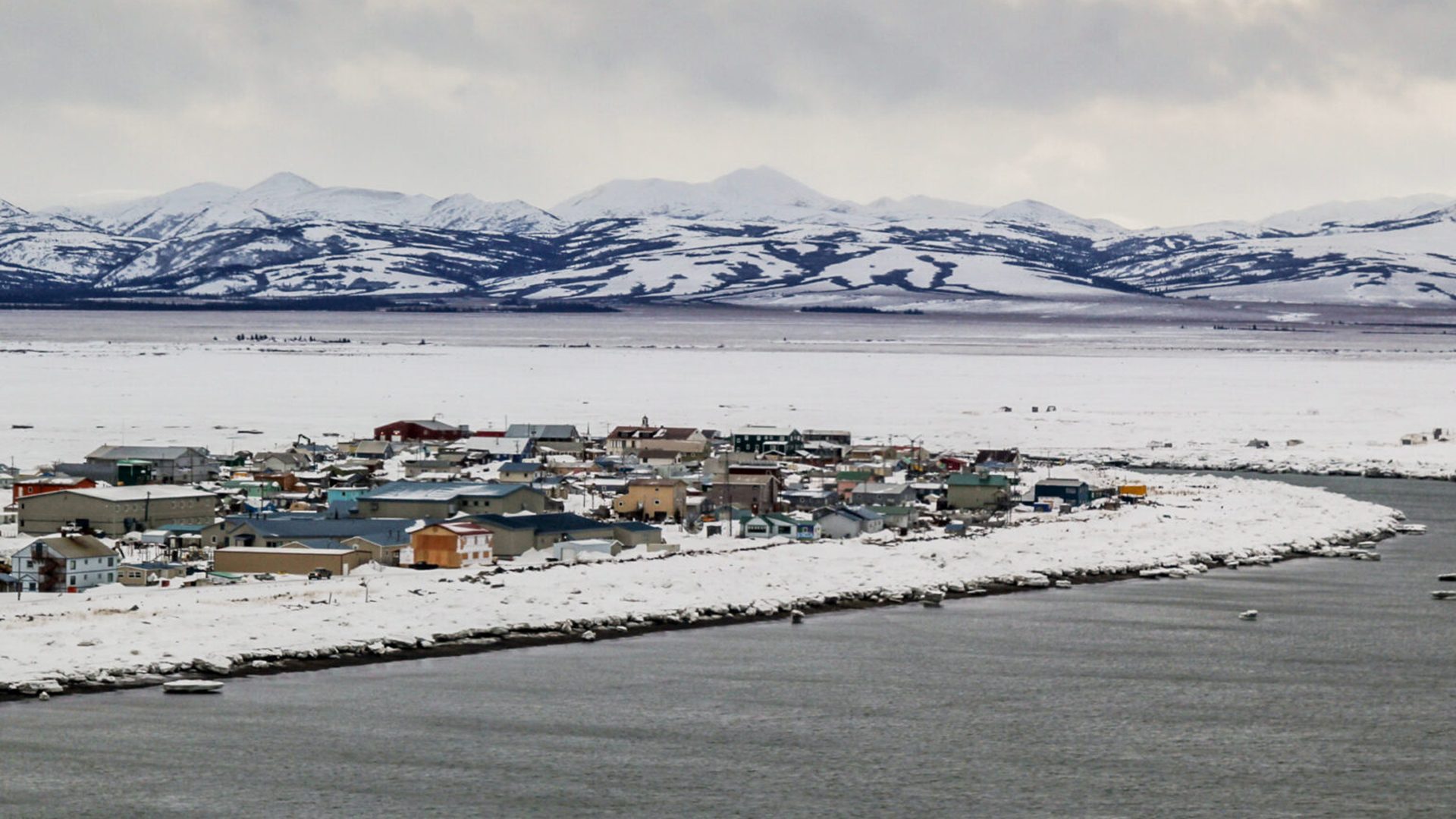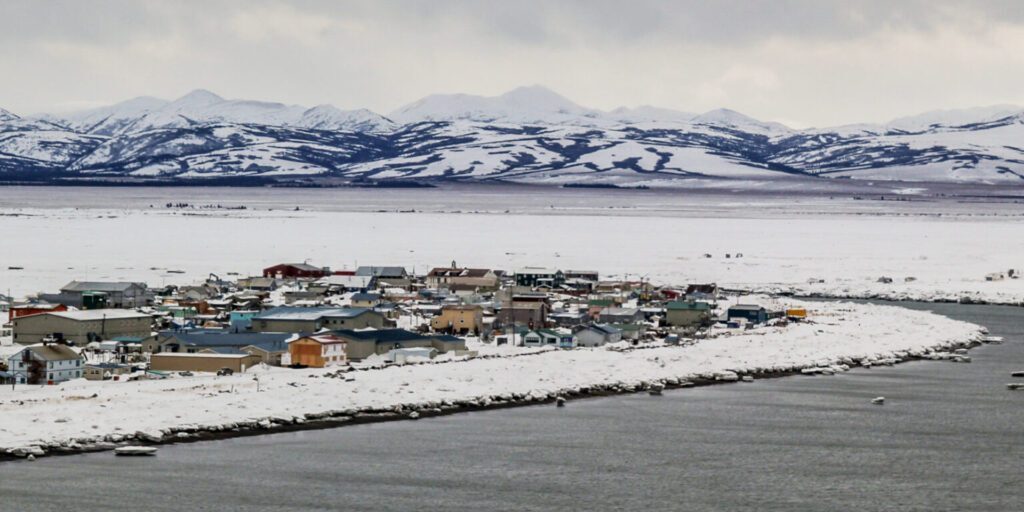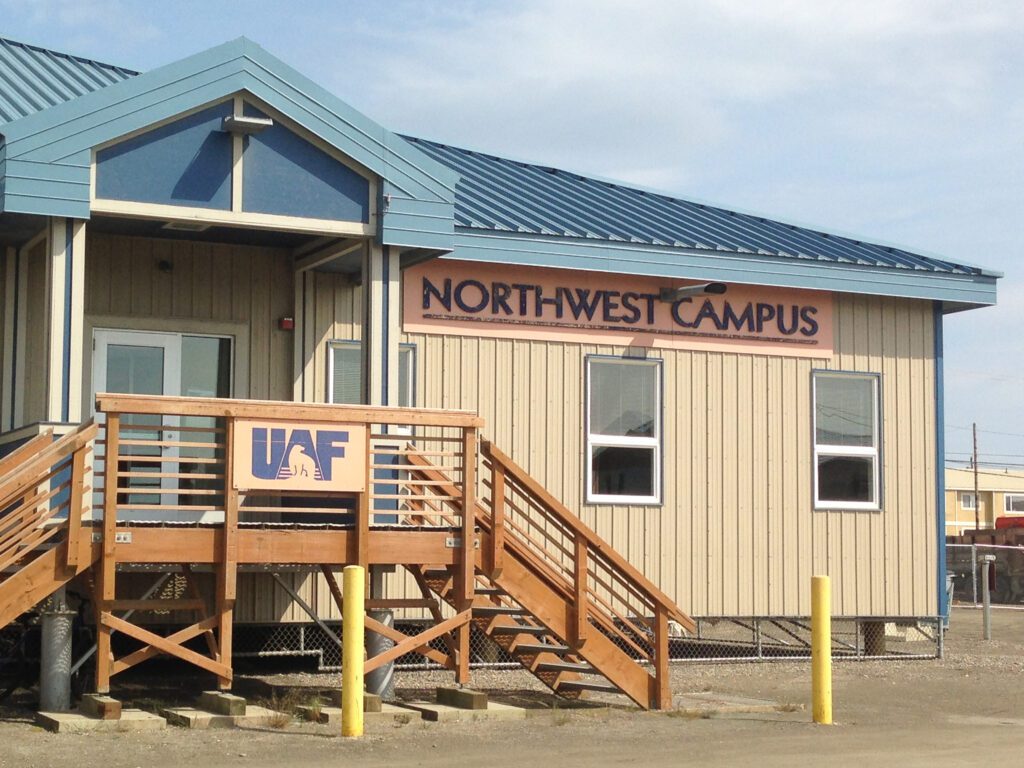
March 22, 2024
Sarah Swartz, News Reporter
The Alaska State House of Representatives removed a key line item from SB 140, an education bill vetoed last week by Alaska Governor Mike Dunleavy. While the future of the proposed $200 million budget for Alaska’s public schools hangs in the balance, Alaska lawmakers pushed through a special work session late Wednesday night into Thursday morning to create a new bipartisan bill that would directly impact rural schools.
Lawmakers failed to acquire the votes needed to overturn Dunleavy’s veto on Monday, despite the bill overwhelmingly passing the State Senate with a vote of 38-2 just last month.
The new bill, designated as HB 193, proposes allocating $38 million from the State budget and will be up for a vote in the Senate by next week’s March 27 deadline to apply for federal funding. Eligible schools may apply for this funding and be compensated for nine out of every 10 dollars spent on internet service, a huge value for rural schools making every dollar count. The funding seeks to quadruple internet speeds at rural schools from an average of 25 megabytes per second to over 100.
Representative for District 39 Neal Foster voted in favor of HB 193, citing that faster internet with wider ranges and increased availability would greatly improve the quality of education for rural Alaska students.
“We did it because there is a deadline of next Wednesday for the schools to apply [for federal funding]. I’m very happy because that money really impacts our rural schools.” Foster said.
Foster explained that funding for the increased internet speeds will not only keep costs down for the schools, but for rural communities as a whole. Foster hopes Gov. Dunleavy will consider the time-sensitivity of the issue and allow HB 193 to pass.
“Knowing that the deadline is this Wednesday, we’re very hopeful that he’ll recognize that if this money goes away, we won’t have another opportunity to get that funding again.” Foster said, acknowledging that if this opportunity were to pass funding may not become available again until 2025. “Our rural students will be disadvantaged for a whole year.”
Foster is encouraged with the quick turnaround of the education package and the “high-five feeling” of making progress after weeks of effort, but has concerns about the future of SB 140.
“Unless something happens, teachers will be laid off, we can expect larger classroom sizes, it will be difficult for schools to pay for heating oil and electricity. Vocational, music and art education opportunities will be cut. We will lose money for school sports and the help it provides in covering travel for kids playing basketball, volleyball, swimming and wrestling.” Foster said.
HB 193 now moves from the House to the Senate before receiving a final signature from Gov. Dunleavy.







